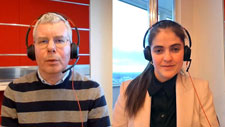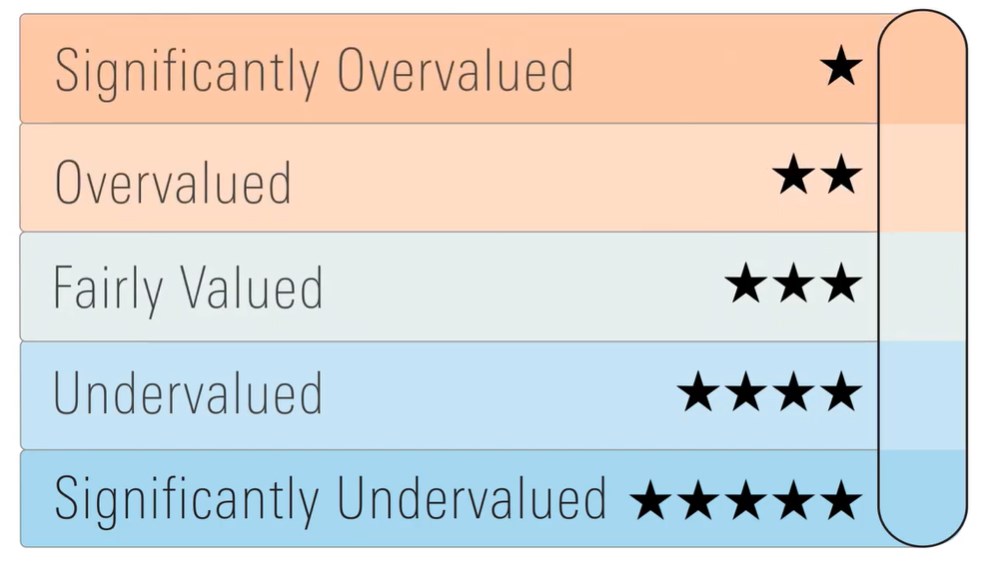In the survey, which was dominated by fund shops from continental Europe, the median fund manager reported that the average total expense ratio for its retail equity and balanced funds was 1.59%. On an asset-weighted basis, the figure weighed in at 1.25%. The majority of fund companies also said the trend at their funds was for fees to increase rather than decrease. Sixty-six percent of respondents said the equal-weighted average total expense ratio (TER) of their retail equity and balanced funds had increased over the past five years, and 60% of respondents indicated the ass
et-weighted total expense ratio of their funds had increased over the same period.
What It Means for Investors
The survey data suggest there is little in the way of price competition among retail equity funds in Europe. This is supported by the situation in the UK, where an astonishing number of funds have standardized on 1.5% as the annual management charge for their retail equity funds. Of the 1600+ retail UK-domiciled equity fund classes tracked by Morningstar, 64% have an annual management charge of 1.5%, and prominent fund shops such as Henderson Global Investors and M&G were able to boost their management fees in the last year with little apparent detrimental effect on asset flows into their funds.
For investors, this means that the fees they are paying are likely higher than they would be were the market for investment services truly competitive. Since expenses directly affect fund returns, we believe investors’ performance, and thus their ability to save for retirement is being needlessly penalized.
12-Month Outlook
Fund managers who responded to the survey were reasonably optimistic for the coming year, with 64% expecting global equities to appreciate by 6 to 10% over the coming year. On the whole, they continue to believe large-caps are due to outperform small caps, with 84% of respondents stating that large-caps would outperform over the next 12 months. They remained cautious with regard to interest-rate risk, however, with 76% saying they thought short-duration issues would outperform long-duration issues over the next 12 months.
To read the latest European Fund Trends Survey in its entirety, please click here.




























